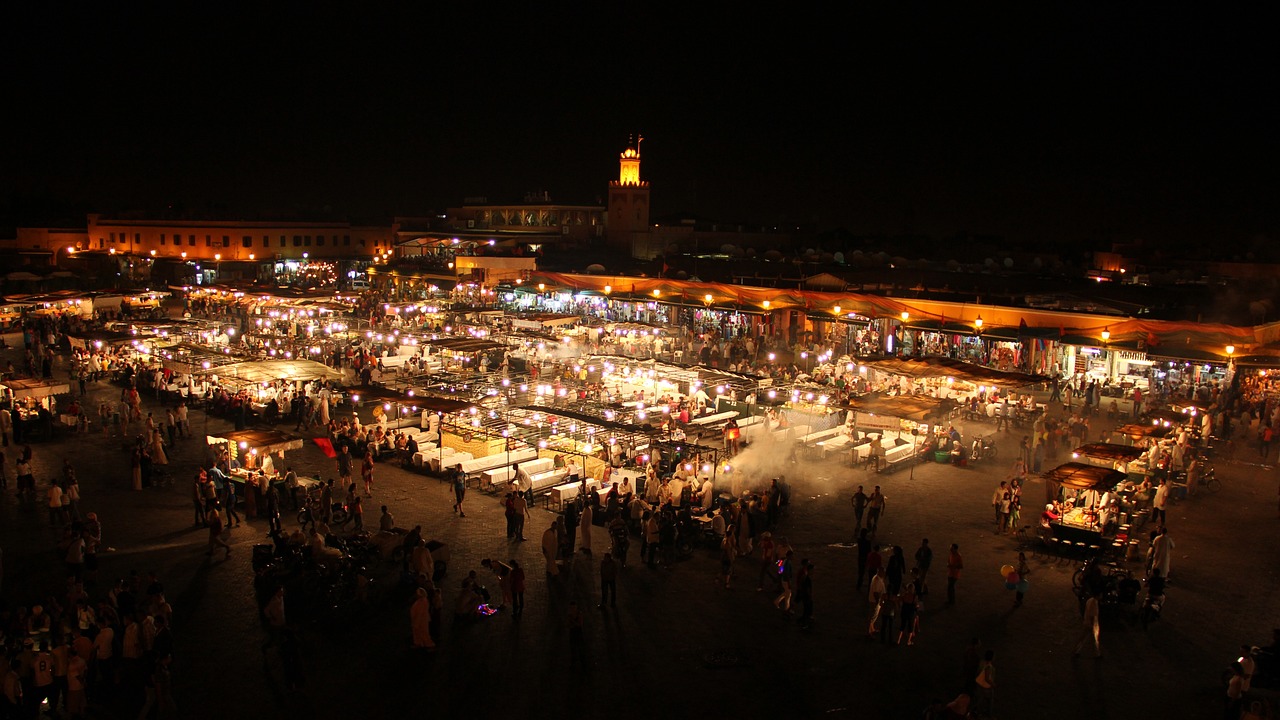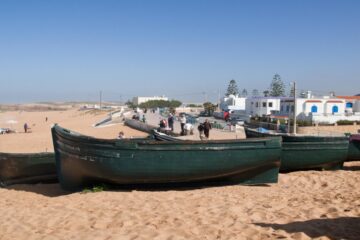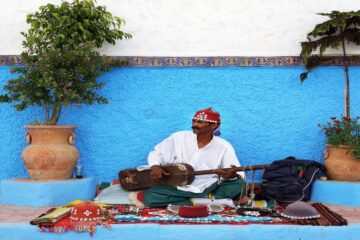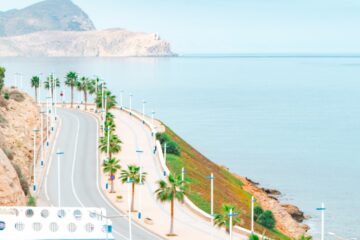There is typically one reason why your first Moroccan vacation was a little disappointing. You were taken advantage of at some point throughout your journey. Such disappointments might be prevented if you are aware of the common sorts of scams. So, here’s a rundown of the most known rip-offs, dirty tricks, and romantic scams that may occur in Morocco.
As a visitor in Morocco, you may almost certainly encounter objectionable commercial methods by certain Moroccans. I’m not talking about many tradespeople’s negotiation abilities but about the plethora of little frauds and daily rip-offs. If they’re gullible enough on their Morocco travels, they undoubtedly have what it takes to ruin someone’s vacation.
This is a lengthy essay, and you’ll need to set aside some time to read about all of the frauds I’ve covered.
A small clarification
In any nation, particularly in major cities, you will come across scams, rip-offs, and false guides. For example, if you were visiting a Thai website, this post would be about the Taximafia in Phuket. I’d warn you about the Rosemary ladies in Granada if I were creating a Spanish blog. However, this website is dedicated to Morocco. So, I’d like to concentrate on the most common frauds and scams you’ll encounter while on vacation in Morocco.
To avoid giving a false impression, the issue with the scammers only affects a small percentage of the Moroccan population. Nonetheless, you’ll be quite fortunate if no one attempts to swindle you throughout your Morocco vacation. Moroccans must suffer in addition to visitors from the terrible image these rip-offs represent and the blanket judgments that result.
The scams don’t all cause money loss
Almost all scams in Morocco prey on visitors’ naivety and lack of local understanding. Tourists are frequently easy prey since they are sometimes too ashamed to respond appropriately or to leave an unpleasant circumstance.
The scams aren’t just about causing financial harm. Normally, this is pretty doable. Rather, you will have the impression at some point that you must always be on alert in order not to be taken advantage of. Negative encounters like this, according to some scam victims, engender increased distrust. They become detached throughout their travels and eventually begin to perceive every Moroccan as a possible scammer. While this is likely to put you in a poor mood, it is also not conducive to learning about a strange place.
Anyone who is overly receptive to love and then becomes blinded by it risks falling victim to one of the deadliest scams: romance fraud. This is when a phony love connection lasts for years in order to gain money or European residency status.
Morocco has much fewer robberies and violent crimes than other European nations, making the country a highly safe destination to visit. In other words, money is not grabbed from your pocket in Morocco, but if you’re absolutely naive before going on your Moroccan experience, you may reach for your money and deliver it to someone with a thankful grin. Many scams in Morocco, however, are pretty simple to prevent if you understand how they operate.
Scams in Morocco, the most common ones
This section provides a rundown of common scams and rip-offs in Morocco, as well as advice on how to avoid falling victim to them. At first look, this list may seem alarming, but falling for many scams in Morocco is going to take a lot of effort on your part.
The friendly stranger
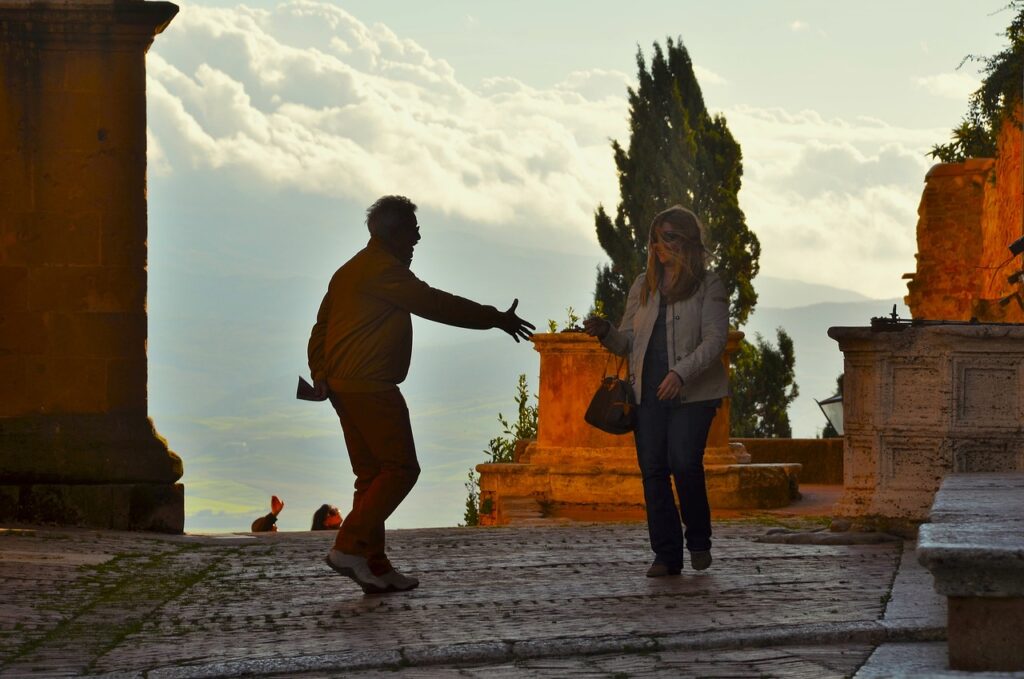
The most popular trickster in Morocco is the friendly stranger. This type of rip-off is the primary cause of the country’s negative image, as I mentioned above. At first glance, you will not recognize friendly strangers. But don’t worry, they’ll find you and offer you their assistance.
The typical situation in which the friendly stranger appears is in the medina. If you’re feeling disoriented and looking around, count backward slowly from twenty. You won’t even make it to 10 before you hear a very kind “Hello.” If you’re not careful, you’ll unintentionally book an unofficial city guide who will make it clear that he expects to be compensated for his services.
In addition to knowing a shortcut to your destination, this fake guide is also adept at taking you around different stores. The friendly stranger can essentially arrange almost anything you require, hotel rooms, dining establishments, taxis, excursions, city tours, hashish, or even just a way to get back to Jemaa el Fna through his excellent connections.
The next typical circumstance where you’ll run into a friendly stranger is in a marketplace or souk that is indoors. You will soon be joined by a helpful young man who will guide you through the maze of stalls and goods. He’ll give you the impression that he is involved in all bargaining and knows everyone around. This has the effect of making every purchase more expensive because, in addition to asking for a tip at the end, the friendly stranger also receives a commission from the shop owner. I’ll give you three guesses as to who ultimately foots the bill for this commission because the friendly stranger graciously negotiated a higher selling price for you.
It’s possible that you don’t always recognize this type of person as the kind of friendly stranger. Typically, he will begin by earning your trust. He actually seems helpful by providing sound information. However, you can be sure that you’ll eventually have to make an indirect payment for these favors. Indignant and occasionally rude or aggressive behavior can develop if you don’t pay the kind stranger who offered to help, making it more difficult for you to leave without paying. Don’t succumb to pressure from this kind of behavior. Instead, get in the habit of upfront telling kind strangers that you won’t be paying them any money.
How to protect yourself?
- Maintaining your sense of direction is important. Be as stealthy as you can if you need to use a navigation app or a city map.
- If someone comes up to you strangely, politely tell them “La, Shukran” to leave (No, thank you).
- It might be helpful to suggest a visit to the Tourist Police at Jamaa el Fna if the friendly stranger turns unpleasant. After all, operating as a city guide without a valid license is prohibited.
- If you need directions, go up to people who can’t run away, like the owner of a stall or a waiter.
Important note
Most Moroccans are very helpful, by and large. Rarely have I encountered such friendly hospitality as I did in Morocco. Since they are mistakenly perceived as fraudsters, Moroccans are often disappointed or offended when their hospitality or assistance is rudely declined.
The Henna artist
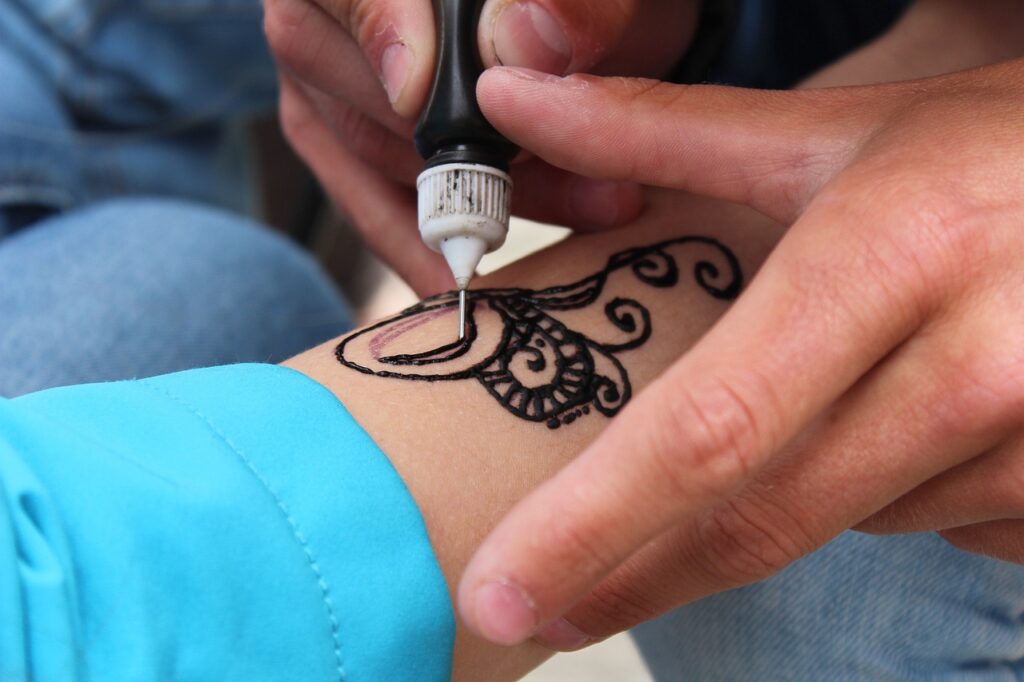
The Henna artists are typically found on Jemaa el Fna. They recline on tiny stools. A variety of henna-patterned, faded, yellowish albums are spread out in front of them. The more aggressive of these scams in Morocco will call you over and divert your attention. The kind artist will start painting the back of your hand all of a sudden. She would act like there has been a misunderstanding and that she should at least complete the task so that it “looks good later,” if you get what I mean.
The henna artist will be less pushy if you agree on a price in advance, but she won’t be any less expensive. In this instance, be ready for the price you agree to progressively go up as she paints the tattoo.
These unauthorized tattoos can end up being quite expensive in addition to being generally pretty ugly. In the worst situations, these paints can be unsafe for your health because some of these women use henna that is black in color. Toxic chemicals that irritate the skin and can trigger allergic reactions may be present in colored henna.
How to protect yourself?
- Keep well away from the henna artists on the Jemaa el Fna and avoid them.
- Keep your hands in your pockets if you start talking to them.
- If you want a henna tattoo, find a different place to get it done. Visit the Henna Art Café or the Henna Café Marrakech, in my opinion. From Jemaa el Fna, both are just a short ten-minute walk away.
The photography scams in Morocco
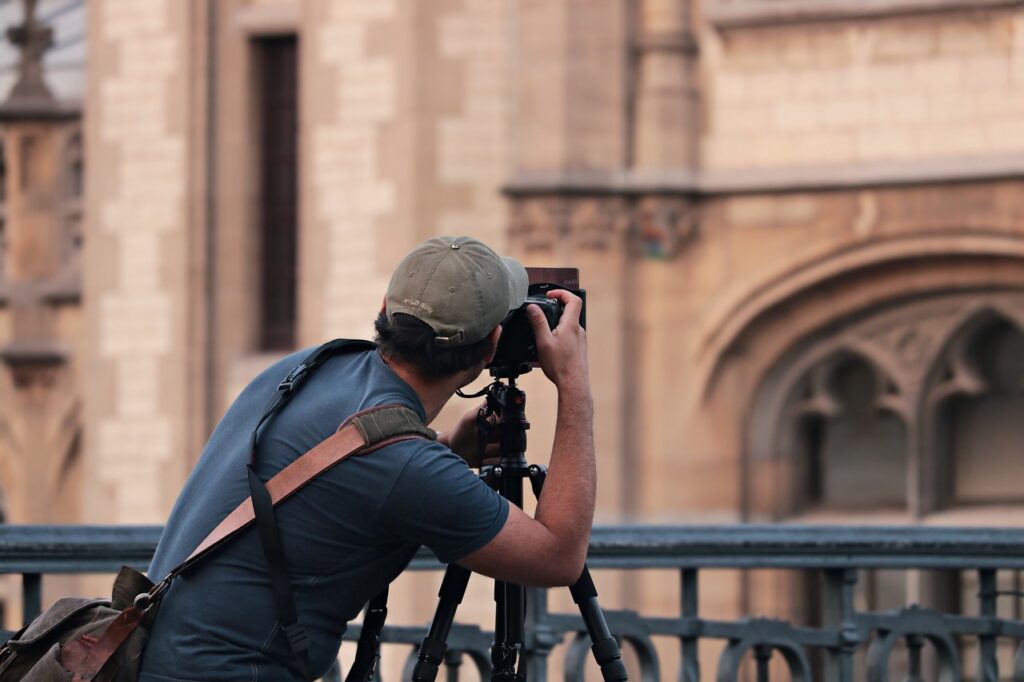
There are two main reasons why photography in Morocco is a little more difficult than in other nations. The ban on images of Islam comes first. This forbids the close-up portrayal of people in images. On the other hand, many visitors to Marrakech seek to photograph the most memorable parts of their trip. Moroccan dealers and artisans working in crowded areas frequently find this annoying because people are constantly taking pictures of them.
This trend is addressed in two different ways in Marrakech. Some vendors and other people place prominent notices with requests for respect and statements that photography is not permitted. Others turn the western practice of photo staging into a lucrative business. The water vendors with their flashy hats are the best illustration of this. They are most frequently found on the Jemaa el Fna. The water vendors actively approach crowds of people to approach them for photos. After that, they demand a sizable payment, and their audacity knows no bounds in this regard. I’ve heard tales of tourists who shelled out 20 euros for a hazy picture.
You will come across various types of individuals who are all driven by money on Jemaa el Fna. These include storytellers, dentists, and street performers like acrobats and musicians. These people, however, can become very agitated if you sneakily take their picture and they find out.
How to protect yourself?
- Always ask for permission before taking a photo of someone and bargain for the best deal.
- When shopping, you can typically take photos in stores.
- Make your final offer if someone is asking for a lot of money for a picture, and if necessary, walk away. Typically, this works.
- If you sit down in one of the nearby cafés with a rooftop terrace on Jemaa el Fna, like the Café Glacier, you’ll have more peace and quiet to take pictures.
- Never take up-close pictures of people selling water, going to the dentist, or performing on the street without first getting their permission.
The use of exotic animals in scams in Morocco
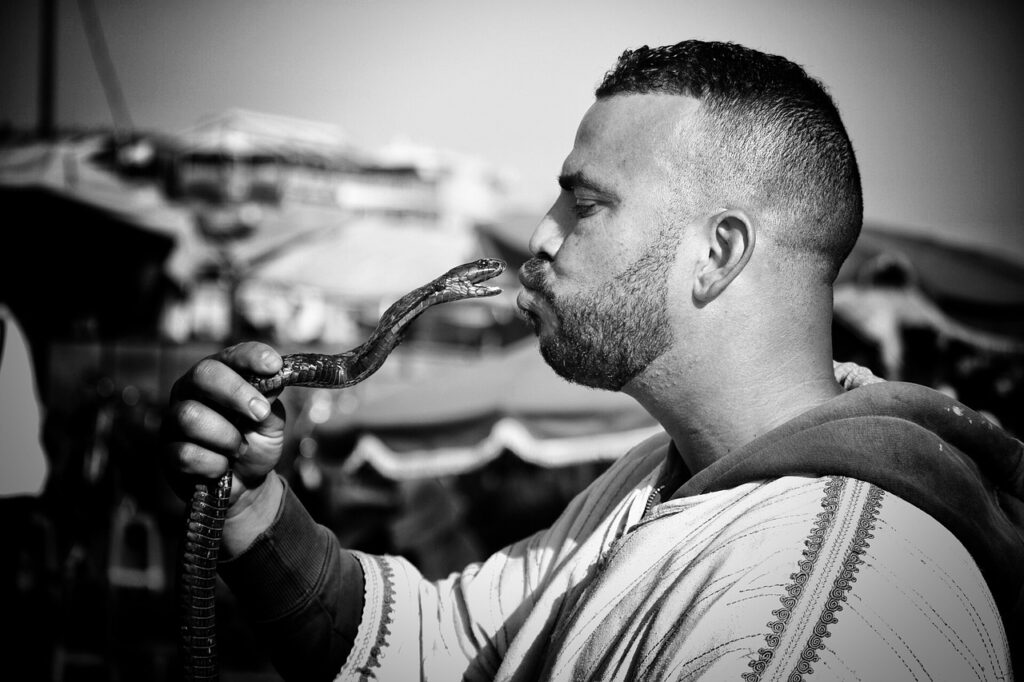
Animal rights are not as important in Morocco as they are in many other nations. On the Jemaa el Fna in Marrakech, you’ll see instances of poor animal welfare and animal exploitation. On the broad square, you’ll observe animal showmen every day. These include snakes without their venomous fangs and chained monkeys. These creatures frequently live in appalling conditions.
On the Jemaa el Fna, there are two different kinds of animal fraud. In the less dangerous variation, a person dressed traditionally sits on the ground while blowing a whistle to entice the snake in front of him. On the Jemaa el Fna, this is still a well-liked photo opportunity, but it is obviously not free. A worker who makes sure that no one snaps photos without paying is typically present with the snake charmer. As a result, it is mostly a type of photo scam.
More invasive frauds often use animals. The pattern is built on your ignorance, vulnerability, and being ambushed and is comparable to other types of deception. You won’t even notice when a snake or a monkey is placed on your shoulders if you approach these con artists too closely and appear intrigued. A member of your group will then be urged to snap pictures.
Naturally, a sizable gratuity will be expected for this photo. If the animal fraudster snaps a hazy picture while using your phone, it could end up costing you even more money. In the worst-case scenario, he can demand further payment before returning your phone. It is not an option to simply leave if this occurs.
On the Jemaa el Fna, there is a quick tip you can use to avoid becoming a victim of an animal scam: Give these showmen a lot of space. Avoid taking pictures of mistreated animals or anyone who benefits from animal abuse. Any money provided to these people who exploit animals is not helping the animals; rather, it is supporting their exploitation.
How to protect yourself?
In contrast to most frauds, when it comes to animal fraud, I have little compassion for the people who were duped. Nobody deserves anything better than those who consent to have captive animals wrapped around them or their pals. Anyone who tries to refute this should not, in my opinion, protest when the confined animals and tourists who support this practice pay a high price.
- Avoid all animal performers and don’t condone violence against animals!
- On the Jemaa el Fna, don’t take pictures of animals.
- On the central square, never give your phone or camera to a stranger.
Directions to Jemaa El Fna scam
When you visit the medina, you’re practically certain to hear this phrase. It’s common in the northern medina, where travelers go to see the Madrasa Ali Ben Youssef and the Maison de la Photographie. The place where you hear someone calling out is typically correct, but not always.
There is one certainty. A friendly stranger will enter the scene in the next instant. He’ll either give you pleasant personal advise or have an accomplice who is already headed there. Needless to say, he’ll request payment at the end of this brief sightseeing tour.
How to protect yourself?
- Ignore those who warn you that you’re on the wrong track.
- Move on with a friendly gesture.
- Under no circumstances should you linger.
The closed street/ door scam
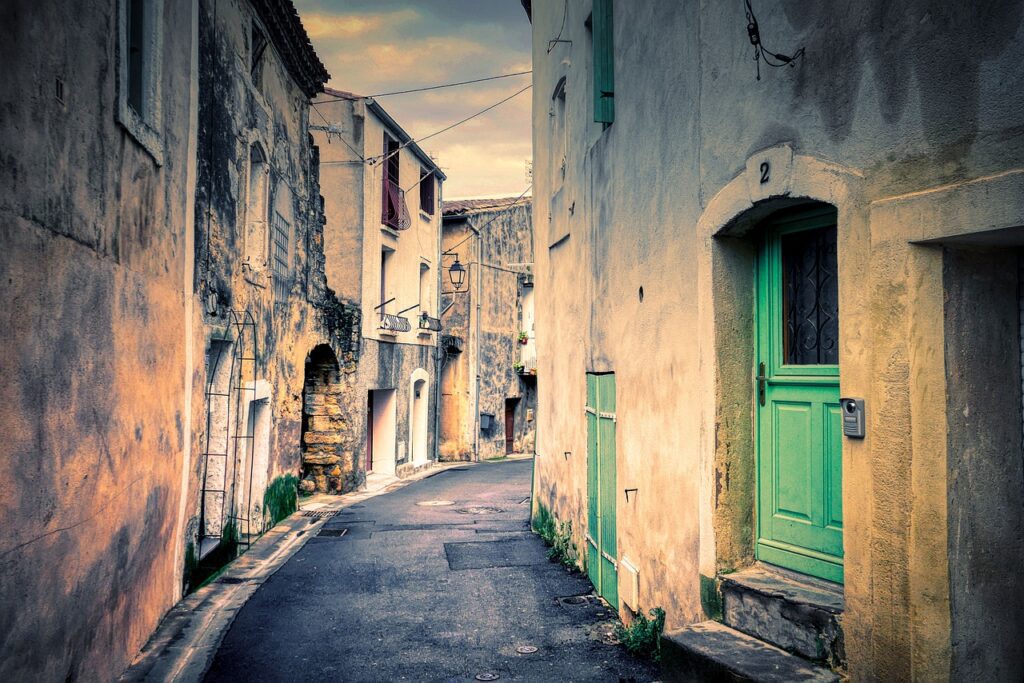
A closed road or a locked gate is used in a similar scam. This is common in Marrakech. Even if you don’t appear disoriented and are walking purposefully through the medina, you’ll be confronted at some point by a young man or a select minority who will inform you that the next street or entrance is closed today.
In this case, if you stop, you’ll get to know the kind stranger for the first time. He’ll immediately take care of getting you to your location by taking an alternate route. Of course, he expects to be compensated for his services.
This technique is almost always based on a lie. In Marrakech, entrances are not locked, at least not during the day. To preserve as much space as possible, construction work will be cordoned off. Excavation work is also done during normal business hours in the medina’s narrow alleys.
How to protect yourself?
- Ignore people who warn you about supposedly closed roads or locked gates. In the unlikely event that something is truly happening, you are simply unlucky and must return.
- Make sure you know how to get back to your riad, especially if you’re out late at night.
Scams in Morocco during meals
I’m not sure if issues arise because the waiters on the Jemaa el Fna must memorize every order and frequently become extremely busy or if they want a large tip through some deft math. The truth is that some waiters on the city square are more likely than others to become perplexed.
Also, they might occasionally deliver more expensive food than you requested, or they might fail to deliver dishes. This confusion will continue until your waiter totals everything up and hands you the bill. My bills are frequently false and can easily be 50 DH higher. Then all you have to do is go through the bill detail by detail and add everything up. Of course, flatbread, olives, and tomato sauce will be served as an aperitif or side dish. Most places will charge you 5 DH for each one of them.
How to protect yourself?
- Before you order, take a picture of the menu.
- Almost every establishment has a large paper notepad, which is ideal for taking down your order.
- Before requesting a bill, figure out the total amount.
The scam in restaurants
This is an old trick that involves changing the menu, but I’ve never seen a similar case. It’s really quite simple. Waiters stand in front of most Moroccan restaurants, calling out to you and encouraging you to sit down to eat. They will frequently extol the virtues of the unbeatably low set menu. At the end of your meal, you’ll receive a bill, and the final total will be shockingly high.
How to protect yourself?
- Before going to a restaurant, read reviews on webpages like Trip Advisor.
- Look for advised restaurants by asking at your hotel.

